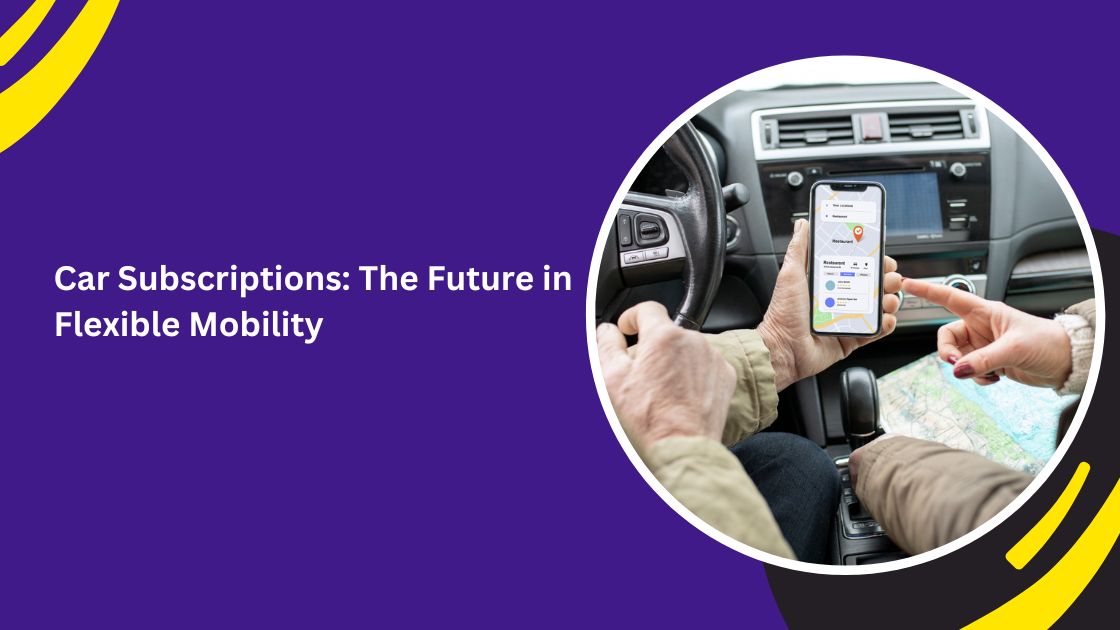

Introduction:
In an era defined by flexibility, the rigid structures are rapidly giving way to a disruptive new model: the car rental subscription. This fundamentally changes the relationship between the driver and the vehicle.
No more huge upfront cost, administrative burden, or financial liability, thanks to depreciation-the whole thing is just rolled into a single, simple, all-inclusive monthly payment. To the forward-thinking provider like Quick Lease, who offers rent a car services, car subscriptions are not just a new product but a logical evolution of flexible, customer-centric mobility.
The Mechanics of "Access, Not Ownership":
The core philosophy of subscription is about access, not ownership. A customer pays a recurring fee for the privilege of driving a certain vehicle for a flexible period, while the provider retains ownership and absorbs all the associated risks.
What is Included in the Subscription Price?
The value of the subscription lies in its radical inclusion of costs that are normally separate, unpredictable and administratively demanding.
| Included Cost Component | Traditional Method | Subscription Model | Benefit to Customer |
| Vehicle Depreciation | Borne by Owner/Lessee | Absorbed by Provider | Eliminates Residual Value Risk |
| Comprehensive Insurance | Separate Annual/Monthly Bill | Bundled in Fee | Simplifies Administration & Budgeting |
| Routine Maintenance | Out-of-Pocket Expense (Unexpected) | Bundled in Fee | No Surprise Repair Bills or Admin |
| Vehicle Registration & Taxes | Annual Upfront Lump Sum | Bundled in Fee | Converts Large Lump Sum to Monthly Micro-Payment |
| Roadside Assistance | Separate Service Fee | Bundled in Fee | Guaranteed 24/7 Peace of Mind |
The only major expenses the subscriber typically manages are fuel/charging and tolls, making the monthly payment a true single-figure cost of mobility.
The Financial Advantage over Ownership:
Moreover, outright purchase, even through financing, can be laden with hidden costs and massive financial risks that the subscription model simply eliminates.
Elimination of Down Payment: Ownership requires a large upfront down payment, usually in the range of 10-20% of the vehicle cost, tying up a large block of capital. Subscriptions require usually only a small, refundable security deposit and the first month's fee, preserving customer liquidity.
The Depreciation Shield: A new car can lose 20-30% of its value in the first year alone. This depreciation is the single largest cost of ownership. The subscription provider absorbs this entire risk. At the end of the term, the subscriber simply returns the vehicle, free from the stress of reselling or trade-in negotiations.
Freedom from Finance Costs: Subscriptions save consumers from making interest payments, loan origination fees, and the long-term debt obligations of a car loan; they therefore free up one's credit capacity for other financial goals.
Conclusion:
Car subscriptions are not a temporary trend, but a structural shift in how people consume mobility. The car subscription, fostered by providers like Quick Lease, is about to become the default mode of personal mobility for the next generation of drivers who value convenience and agility over asset ownership.

